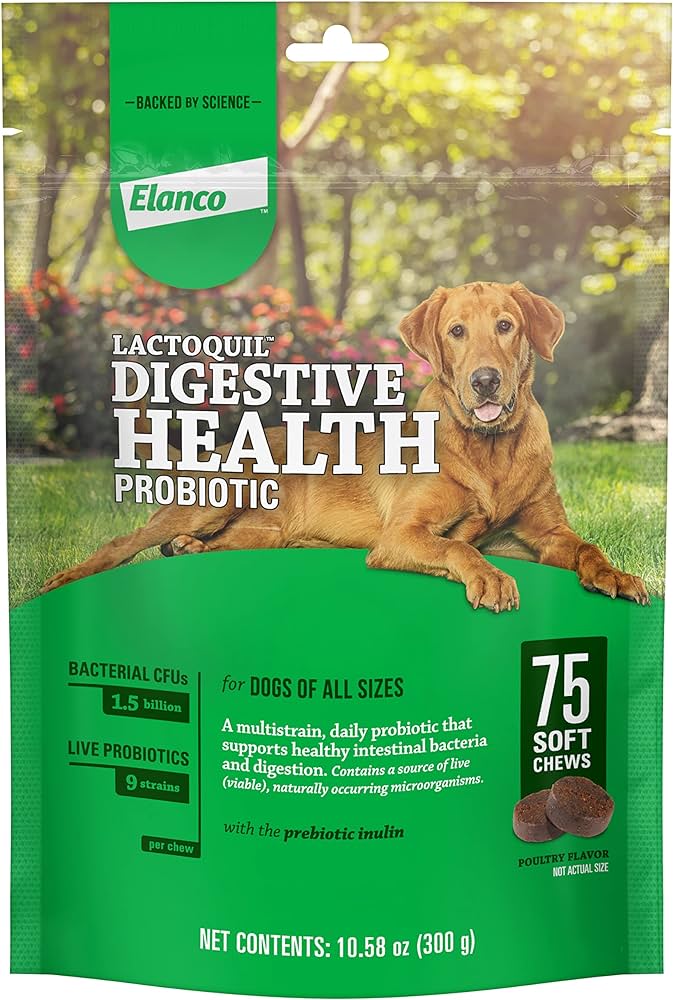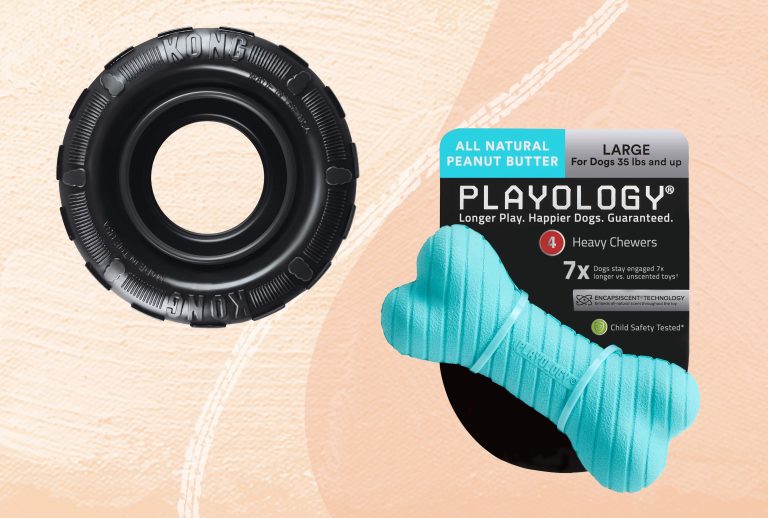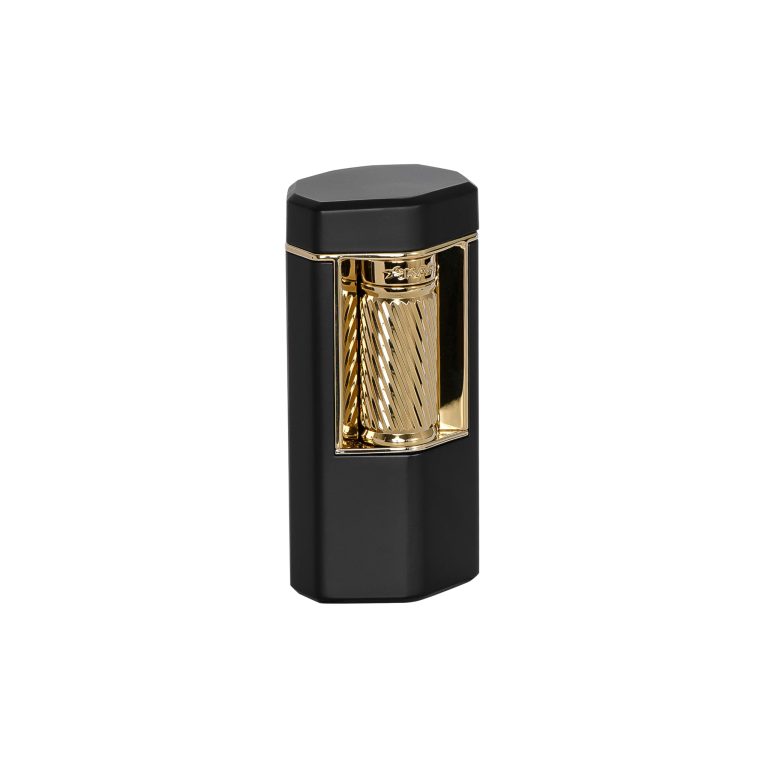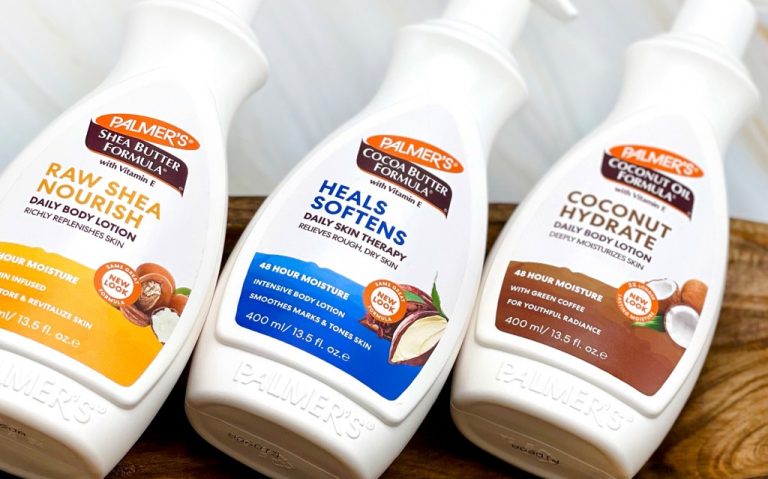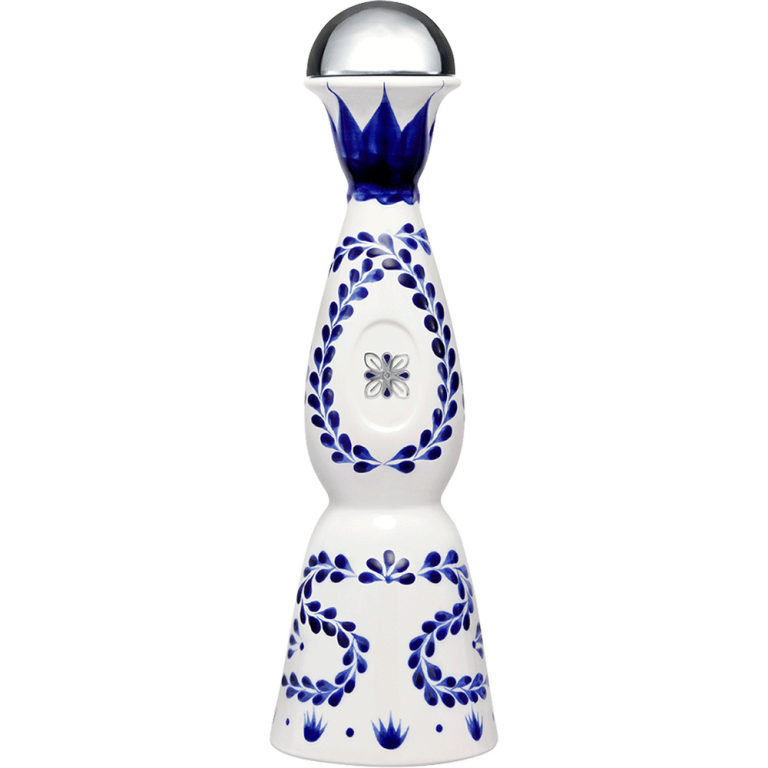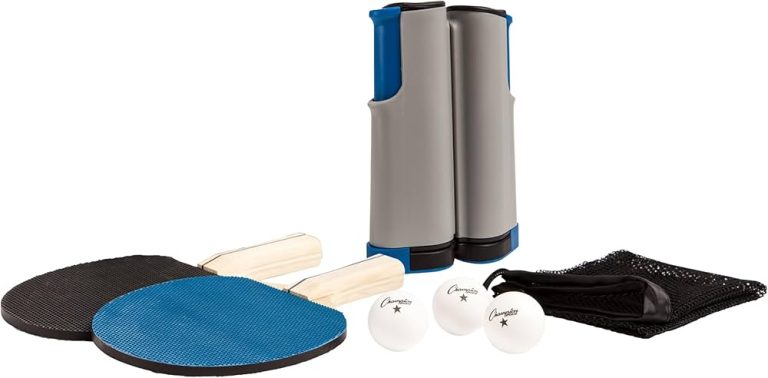9 Best Probiotics for Dogs: Top Picks for Gut Health and Well-Being
Your furry friend’s gut health is just as important as your own. Probiotics can play a crucial role in maintaining your dog’s digestive health, boosting their immune system, and improving overall well-being. But with so many options on the market, how do you choose the best one for your pup?
In this article, we’ll dive into the top 9 probiotics for dogs, helping you make an informed decision. Whether your dog suffers from digestive issues or you’re looking to enhance their health, these probiotics offer something for every canine need. Let’s get started on finding the perfect probiotic for your loyal companion.
Choosing the Right Probiotic for Your Dog
Finding the right probiotic for your dog can be overwhelming. Focus on these key factors to make an informed decision.
Factors to Consider When Selecting a Probiotic
Strain diversity. Look for probiotics with multiple strains like Lactobacillus and Bifidobacterium for comprehensive gut health benefits.
CFU count. Choose products with at least 1-5 billion CFUs (colony-forming units) to ensure efficacy.
Form and ease of use. Pick a format that suits your dog’s lifestyle, whether it’s powders, capsules, or chews.
Shelf stability. Verify that the product maintains potency without refrigeration, ensuring convenience and reliability.
Specific health needs. Match the probiotic to your dog’s health issues such as allergies, digestive problems, or immune support.
The Importance of Veterinary Consultation
Personalized advice. Consult your vet to pinpoint the most suitable probiotic based on your dog’s unique health profile.
Safety assurance. Ensure any supplement you choose won’t interact with medications or cause adverse effects.
Monitoring progress. Regular vet check-ups help monitor your dog’s response to the probiotic, making any necessary adjustments.
Tailored recommendations. Your vet can suggest reputable brands known for quality and effectiveness, avoiding subpar options.
Review of the Top 9 Best Probiotics for Dogs
Exploring the best probiotics for your dog ensures they enjoy optimal health. Here are our top nine picks, each offering unique benefits.
- Purina FortiFlora Canine Nutritional Supplement Box
Purina FortiFlora contains a guaranteed level of live active cultures. It supports intestinal health and balance. Each packet provides a specific probiotic strain to help manage diarrhea in dogs. It’s easy to administer by sprinkling the powder on your dog’s food.
- Proviable DC Capsules by Nutramax
Proviable DC offers seven strains of beneficial microorganisms. These capsules support digestive health and maintain intestinal microflora. They’re versatile, serving both daily maintenance and acute digestive upsets.
- Zesty Paws Probiotic Bites
Zesty Paws Chews deliver six strains of probiotics and prebiotics. These soft chews support digestion and immune function. With a tasty pumpkin flavor, they’re easy to give as a treat, ensuring your dog looks forward to their daily dose.
- VetriScience Probiotic Everyday
VetriScience Everyday Chews are packed with prebiotics and probiotics. Each chew promotes a balanced intestinal environment and overall health. They’re ideal for dogs facing digestive issues or needing everyday support.
- NUSENTIA Probiotic Miracle Dog
NUSENTIA’s powder blends six probiotic strains and prebiotics to aid digestion. It’s a versatile powder, perfect for adding to any dog food. Helpful for dogs with sensitive stomachs, this product promotes gut health effectively.
- PetVitalityPRO Probiotics for Dogs
PetVitalityPRO blends bacteria strains to optimize gut flora health. Each chew supports digestive health and boosts the immune system. These chicken-flavored treats offer a palatable way to keep your dog healthy.
- Vetri Mega Probiotic
Vetri Mega contains eight strains of probiotics and prebiotics. These capsules aid digestion and bolster the immune system. Highly recommended for dogs undergoing antibiotic therapy or suffering from chronic digestive issues.
- Purina Pro Plan Veterinary Diets FortiFlora Dog Supplement
Features of Effective Probiotics
Choosing the right probiotic can significantly impact your dog’s health. Let’s dive into the essential features that make a probiotic effective.
Key Ingredients in Probiotics for Dogs
Look for probiotics that contain specific strains of bacteria beneficial to dogs. Common strains include Lactobacillus acidophilus, Bifidobacterium animalis, and Enterococcus faecium. These strains help maintain a balanced gut flora, support digestion, and improve immune function. Check for the number of Colony Forming Units (CFUs); higher counts generally indicate a more potent product. Aim for products with at least 1 billion CFUs.
The Role of Prebiotics in Dog Supplements
Prebiotics play a crucial role in enhancing probiotic effectiveness. They are non-digestible fibers that feed beneficial bacteria in the gut. Common prebiotics found in dog supplements include inulin, chicory root, and fructooligosaccharides (FOS). Including prebiotics ensures that probiotics flourish, leading to better digestion, nutrient absorption, and overall gut health. Choose supplements that combine both prebiotics and probiotics for maximum benefit.
Health Benefits of Probiotics for Dogs
Probiotics offer numerous health benefits for your dog. They help maintain a balanced gut, which is vital for overall well-being.
Digestive Health
Improving digestion and nutrient absorption, probiotics can help your dog break down food more efficiently. They lessen issues like diarrhea, constipation, and bloating. Probiotics like Bifidobacterium animalis support regular bowel movements.
Immune System Support
Boosting your dog’s immune system, probiotics help fight off pathogens. Lactobacillus casei enhances white blood cell activity, which can reduce the frequency of infections. They also maintain a healthy balance of good bacteria, protecting against harmful microbes.
Allergy Management
Reducing allergy symptoms, probiotics can alleviate itching and skin irritations. Strains like Lactobacillus rhamnosus produce anti-inflammatory responses. They can also stabilize gut integrity, which minimizes allergic reactions related to digestion.
How to Administer Probiotics to Dogs
Administering probiotics to your dog can be simple with the right approach. Here are some tips to ensure your furry friend gets the most benefit.
Forms of Probiotic Supplements
Probiotic supplements come in various forms, making it easy to find one that suits your dog’s preferences and needs. Options include:
- Powders: You can easily mix these into your dog’s food. They’re versatile for different diets.
- Chews: These are like treats, making them a favorite for many dogs. They’re great for on-the-go convenience.
- Capsules: You can hide these in a treat or open and sprinkle the contents on food.
- Liquids: These can be added to water or food, ensuring easy ingestion.
- Follow Veterinary Advice: Your vet can recommend the correct dosage based on your dog’s weight, age, and health.
- Stick to Manufacturer’s Instructions: Each probiotic product includes specific dosage guidelines.
- Consistency: Administer probiotics at the same time each day to maintain consistent gut flora.
- Monitoring: Observe your dog for any changes or improvements, adjusting the dosage if necessary under veterinary guidance.
Potential Side Effects of Probiotics for Dogs
While probiotics offer numerous health benefits for dogs, they can also lead to some side effects. It’s important to be aware of these potential issues to monitor your dog’s health effectively.
Common Side Effects
Common side effects include mild gastrointestinal issues. Dogs may experience gas, bloating, or diarrhea when first introduced to probiotics. These symptoms are usually temporary, lasting only a few days as your dog’s digestive system adjusts. You can manage these side effects by starting with a lower dose and gradually increasing it.
Signs of Adverse Reactions
Signs of adverse reactions can indicate a more severe response to probiotics. Watch for persistent vomiting, loss of appetite, or significant lethargy. If you see any of these signs, discontinue the probiotic immediately and consult your veterinarian. Rarely, dogs may be allergic to certain probiotic strains, leading to skin rashes or itching. Always monitor your dog closely when starting a new supplement.
Probiotic Care and Storage
Ensuring optimal care and storage of your dog’s probiotics is crucial for maintaining their efficacy and shelf life. Follow these guidelines to keep the supplements potent and beneficial.
Best Practices for Storing Probiotic Supplements
Store probiotics in a cool, dry place with a consistent temperature. Keep them away from direct sunlight, humidity, and heat sources. Refrigerate probiotics if the label suggests it, but always reseal the container tightly after each use. Avoid storing them in bathrooms or kitchens where temperature and humidity fluctuate.
How Long Do Dog Probiotics Last?
Check the expiration date on the packaging and use the probiotics before it lapses. Most dog probiotics are viable for up to two years when stored properly. Avoid using expired probiotics as they may lose their potency and effectiveness. Always follow manufacturer guidelines for best practices.
Conclusion
Choosing the right probiotic for your dog can significantly enhance their health and well-being. By considering factors like specific strains and consulting with your vet, you can make an informed decision that benefits your furry friend. Remember to introduce probiotics gradually and monitor for any adverse reactions. Proper storage and handling are essential to maintain the efficacy of these supplements. With the right approach, you’ll help your dog enjoy better digestion, a stronger immune system, and overall improved quality of life.
